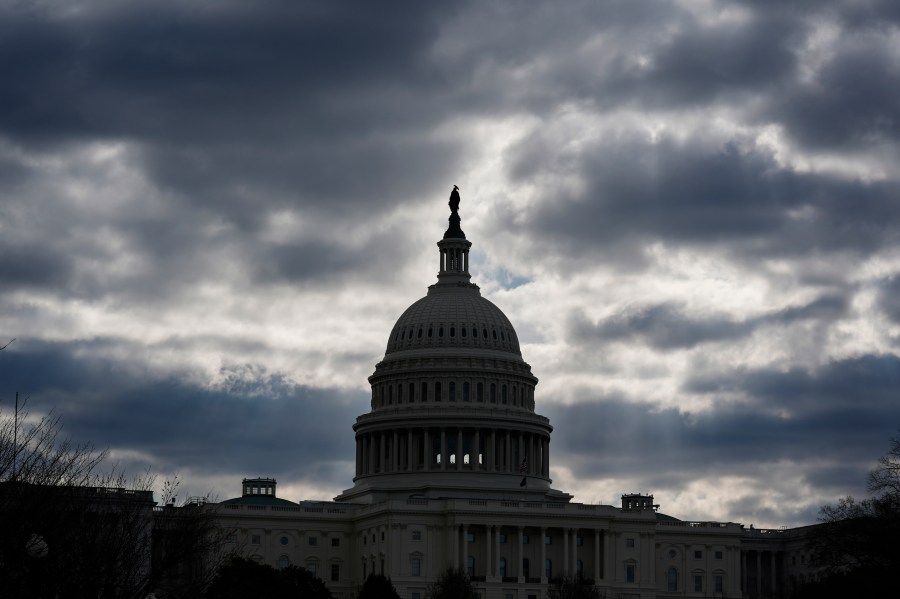The ongoing government shutdown has significantly impacted Oklahoma, placing the state among the Top 10 most affected in the United States. According to a recent analysis by the financial website WalletHub, Oklahoma ranks 9th, highlighting the serious implications for its residents and economy as the shutdown continues.
As federal workers face mounting financial pressure and the possibility of layoffs, the effects are being felt across various sectors. Chip Lupo, a writer and analyst for WalletHub, noted that the longer the shutdown persists, the more individuals and families will experience its consequences. “I think the longer these things drag out, I think more and more people are going to be affected,” he stated.
Key Metrics Driving Oklahoma’s Ranking
WalletHub’s analysis evaluated several critical metrics to determine the impact of the shutdown on each state. These included the share of federal jobs, federal contract dollars per capita, the percentage of families receiving Supplemental Nutrition Assistance Program (SNAP) benefits, real estate contributions to gross state product, and access to national parks. In Oklahoma, the share of federal jobs stands at 3.15%, which is significant given the current circumstances.
The major contributing factor to Oklahoma’s high ranking is the percentage of families reliant on SNAP benefits. Approximately 14.37% of Oklahoma residents depend on this program, which is federally funded to help combat hunger. The CEO and President of Hunger Free Oklahoma, Chip Bernard, expressed concerns over the potential ramifications of the shutdown. “There’s a question that if the shutdown went through November, whether there would be money there to issue SNAP benefits,” he remarked, emphasizing the urgency of the situation.
Wider Economic Implications
The effects of the federal shutdown extend beyond food assistance. Delays in processing mortgages due to staff shortages at the IRS, Federal Housing Administration (FHA), and the Veterans Affairs (VA) could hinder home buying, further impacting the local economy. As these agencies struggle to operate with reduced staff, potential homebuyers may face increased wait times and uncertainties.
Oklahoma’s position in WalletHub’s ranking serves as a stark reminder of the interconnectedness of federal funding and state economies. With many residents relying on federal assistance and services, the implications of this shutdown could resonate throughout the state for the foreseeable future.
For more detailed insights, the complete study by WalletHub is available on their website.







